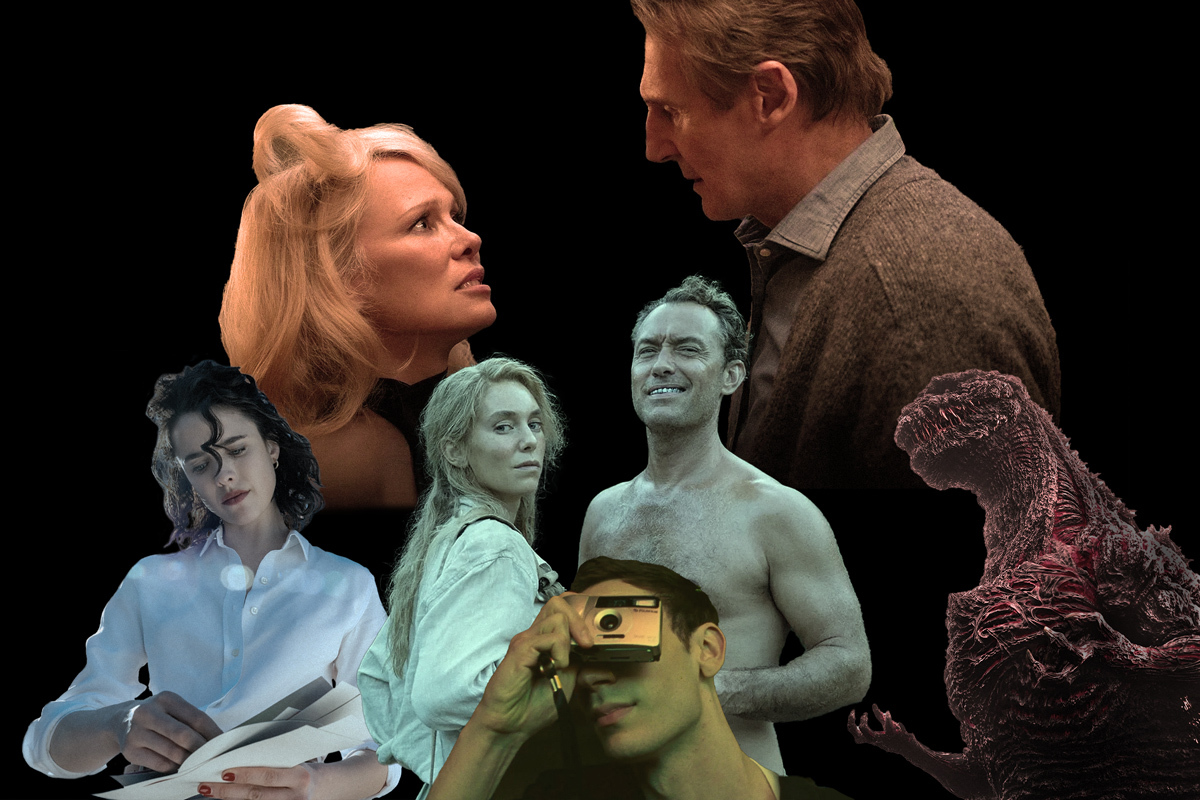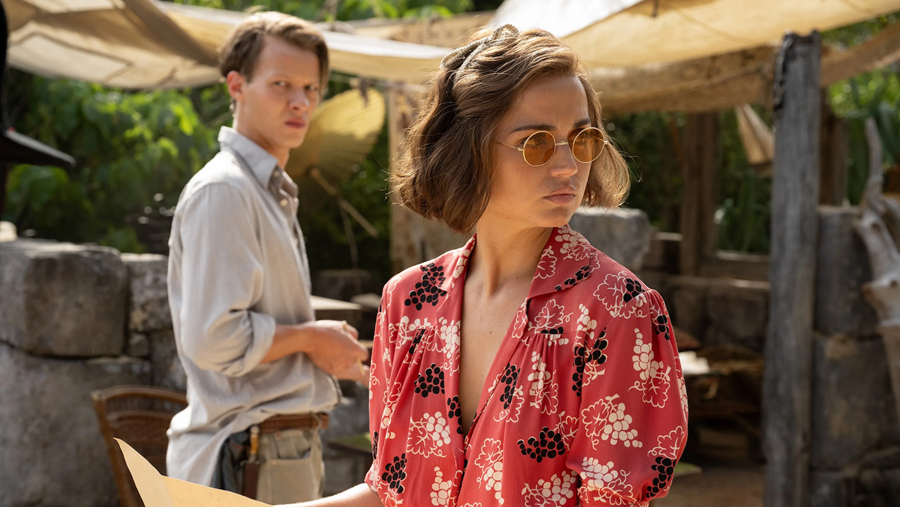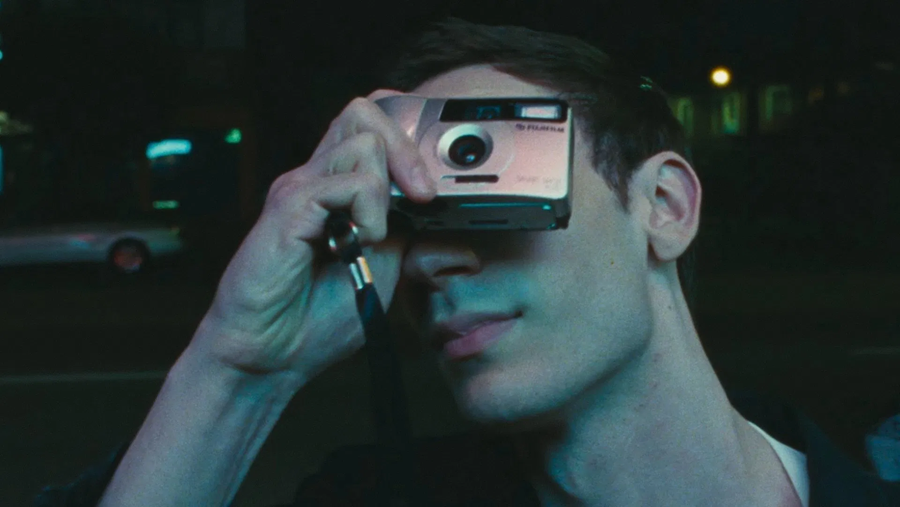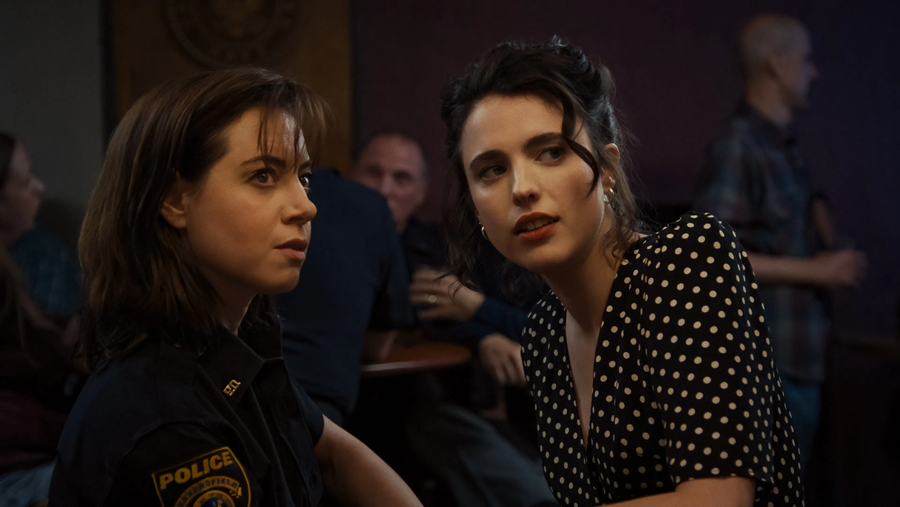
This may not have been what Miguel Gomes would call our beloved month of August, but it was still a decent 31 days at the movies.
The release calendar has rolled credits on franchise fare and blockbusters to make way for preordained awards contenders, some of which have already begun premiering at the Venice and Telluride film festivals. Before the prestige pictures arrive en masse, a few words on five August releases:

True to the spirit of the original Leslie Nielsen trilogy and just as funny, this new Naked Gun spoofs the genre without undermining its source material — a small but key distinction that Akiva Schaffer’s legacy sequel nails. It’s impossible to imagine anyone other than Liam Neeson stepping into Nielsen’s shoes, and not just because you can imagine someone from the film mixing up the two actors’ names. Neeson’s unexpected second act as an action star makes him perfect in the part of a shoot-first-ask-questions-never detective Frank Drebin Jr.; he’s poking fun at himself, not just cop movies.
Even so, Pamela Anderson is the real revelation as his femme-fatale love interest. Hilarious in the exact way that Naked Gun requires — namely, being utterly unafraid of making a fool of herself — she’s even more magnetic than she was in her comeback-launching The Last Showgirl. As the two of them team up to solve a mystery and find a gadget literally called the P.L.O.T. Device, they’re beset by no shortage of double crosses and celebrity cameos. But they never have to contend with bad writing, which is more than can be said of most of this summer’s other continuations of well-established franchises.

At once a ground-level disaster epic and a talky procedural about the perils of do-nothing bureaucracy, the newly re-released Shin Godzilla draws as much inspiration from Fukushima as it does from Hiroshima and Nagasaki. There are fewer scenes of Godzilla himself than you’d expect, but man, do co-directors Hideaki Anno and Shinji Higuchi make them count. This is the most frightful, downright invincible the King of Monsters has ever looked, not least because he mutates into a stronger form every time he’s attacked — hence Shin in the title, which can be translated as true, new, or god. This iteration of Gojira is all three at once, a genuine city-leveler whose appetite for destruction can never be sated.
For all the wanton destruction and governmental red tape, though, the film is ultimately optimistic in its vision of Japan’s citizenry working together as only they can to defeat a villain that couldn’t have come into existence anywhere else. “That country foists some crazy things on us,” Japan’s newly appointed prime minister says of America at one point; it’s tempting to read this as a comment on 1998’s poorly received Godzilla, the first one made solely by Hollywood, and the film in general as an attempt to return him to his former terrifying glory. If so, mission accomplished.

Floreana: nice place to visit, wouldn’t want to live there. The darkest movie Ron Howard has ever made picks up where the documentary The Galapagos Affair: Satan Came to End left off, telling the stranger-than-fiction story of a small group of settlers who fled late-1920s Germany (smart thinking!) and attempted to start anew in paradise. If an island with little freshwater but an abundance of dangerous wildlife doesn’t sound utopian, well, that’s why there’s a movie. Far more dangerous than the flora and fauna are the settlers, with Jude Law, Vanessa Kirby, Daniel Brühl, Sydney Sweeney, and a scene-stealing Ana de Armas leading the not-so-merry band of adventurers. Dr. Friedrich Ritter (Law), the first to arrive alongside his wife Dore (Kirby), is a Nietzsche-inflected misanthrope who desperately wants to be revered as a similarly brilliant thinker, while de Armas plays a self-styled baroness who plans to open a luxury hotel on the extremely remote island.
To hear Ritter tell it, humanity at its ugliest is humanity at its truest. If Eden is any indication, he may have been on to something. Part of the fun — if also, at times, the frustration — is that, due to several of these people dying under mysterious circumstances, we’re never entirely sure whether what we’re seeing is what really happened. The survivors had good reason to tell their version of events in their own way, and not all of their accounts align. Eden succeeds as a parable for how societies form and crumble both in spite of and because of this uncertainty, which is apropos of the messy subject matter, but it’s equally effective as a cautionary tale about getting into disputes with your neighbors.

There’s a fine line between wanting to be one of the cool kids and wanting to be something you fundamentally are not, a distinction that appears to be lost on Lurker’s starstruck protagonist. Matt (Théodore Pellerin) is a clerk at a high-end clothing store when ascendant pop star Oliver (Archie Madekwe) walks in and, seemingly on a whim, invites him backstage to that night’s show. Whether out of genuine affection for the performer or a simple desire to be in close proximity to fame, Matt does everything in his power to ingratiate himself into Oliver’s entourage. But the harder he tries to play it cool and act like he belongs, the more he comes across as an awkward tryhard.
A more apt title for Lurker might have been Follower, as debuting writer/director Alex Russell’s film embodies both the literal and social-media definitions. The power dynamic is constantly shifting, built as it is on parasocial relationships among immature narcissists, but Lurker is never as shallow as its characters. Oliver already has an entourage, all of whom are wary of letting in an interloper who might supplant them, not that Matt is intimidated. “We all want the same thing,” he says of his fellow hangers-on, “I just want it more.” Sometimes that’s enough.

Ethan Coen’s second solo outing exists somewhere between the arid landscapes of No Country for Old Men and the gleeful inconsequentiality of Burn After Reading, only infinitely more sapphic. If that sounds like a strange brew, well, that’s because it is — but it’s also a surprisingly potent one, especially compared to Drive-Away Dolls. Where that movie felt like the rough cut of a better Coen Brothers movie, this breezy story of a private detective (Margaret Qualley, never better) investigating a series of suspicious deaths in Bakersfield, California, feels, for better and for worse, like a fully realized Ethan Coen movie. It’s also a Tricia Cooke movie, as both Honey Don’t! and its predecessor were co-written by Coen’s longtime editor and wife. Everything we know about the couple we’ve learned against our will, but at least their two collaborations have an instantly recognizable vibe.
Honey Don’t! is something of a mystery, just not one in which the answers are especially important — which is good, since many of the questions it raises aren’t answered at all. The entire plot is a MacGuffin, an excuse to tee up a series of throwaway gags and one-liners from a cast that also includes Aubrey Plaza, Charlie Day, and Chris Evans. After one movie by Joel (The Tragedy of Macbeth) and now two by Ethan, it seems fairly clear that Joel is the Serious One and Ethan is the Funny One. It’s also clear that their sensibilities work better combined than they do on their own, but at least this one works at all.